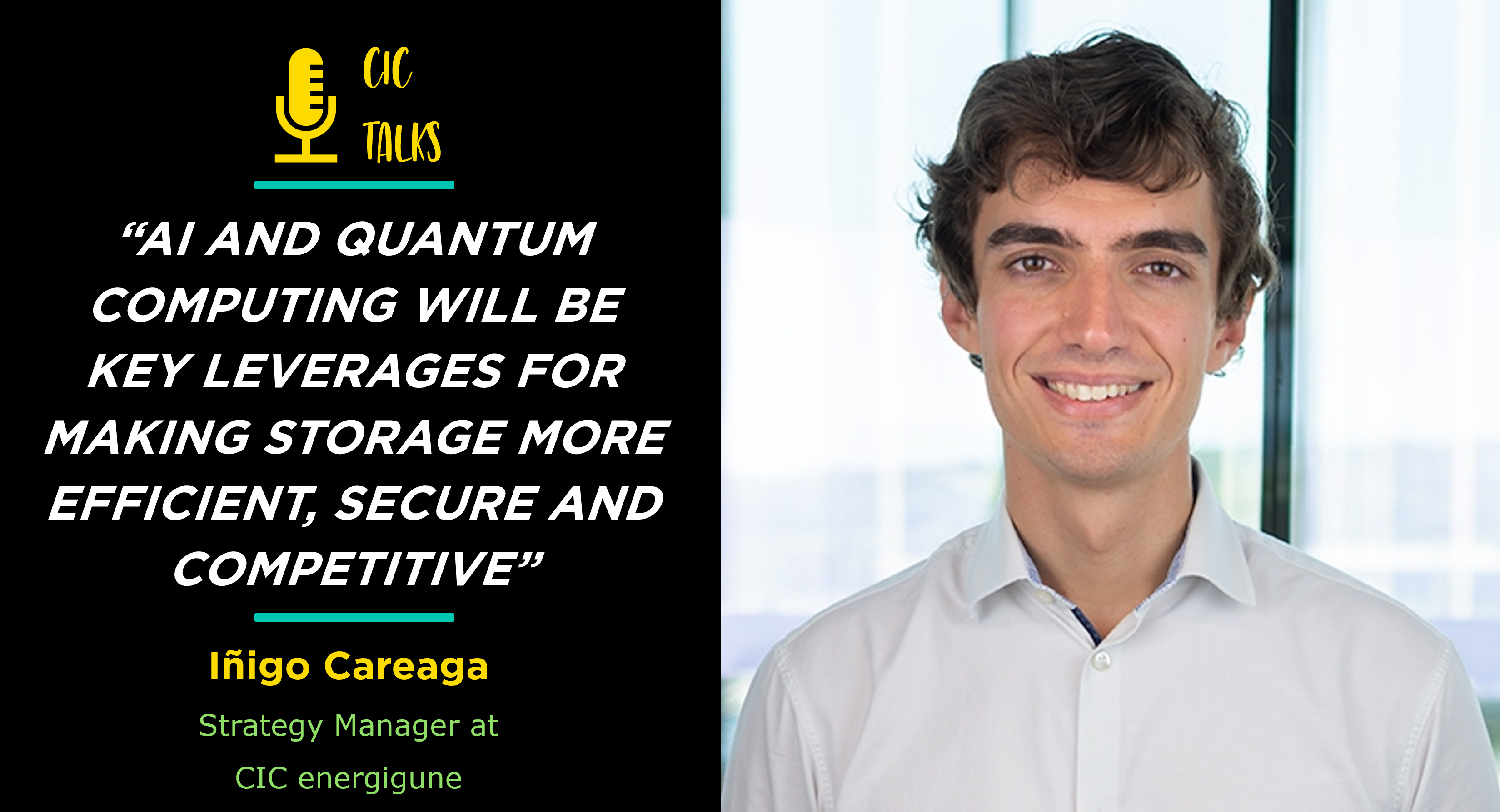

1. From a business perspective, what impact can quantum technologies have on the development of new energy models?
Quantum technologies open the door to a qualitative leap in the design of materials and the optimization of complex processes. From a business point of view, this means reducing the time and cost of developing new energy storage or conversion solutions. This translates into competitive advantage, reduced technological risks, and greater agility in responding to market demands.
2. Artificial intelligence is already transforming entire industries. How can it accelerate the adoption of renewable energies and the deployment of storage solutions?
AI is an essential tool for managing complexity. It allows us to optimize in real time the integration of renewables into the grid, forecast energy demand, and coordinate distributed storage systems. In short, it makes renewable energy not only clean, but also reliable and competitive.
3. In terms of efficiency and costs, what role can AI and quantum technologies play in making storage solutions more competitive compared to fossil fuels?
Both technologies enable a reduction in the total cost of ownership of systems. With AI, we can extend battery lifetime thanks to better diagnostics and degradation management. Quantum technologies will help us discover more abundant and affordable materials to replace critical raw materials. Together, they make storage more efficient, secure, and accessible.
4. The energy sector depends on critical supply chains, such as raw materials for batteries. Can these technologies help diversify materials or improve their recycling?
Exactly. With quantum simulation, we can explore more sustainable alternatives to critical materials such as cobalt or lithium. With artificial intelligence, we can optimize sorting and recycling processes, giving many batteries a second life and closing the loop of the circular economy. This is not only positive for the environment, but also for Europe’s strategic security.
5. How can AI and quantum technologies help energy companies manage uncertainty in an increasingly volatile and regulated market?
We live in a context of great uncertainty, with fluctuating energy prices and changing regulatory frameworks. AI offers us more reliable predictions of demand, consumption, and costs, which allows companies to plan better. Quantum technologies, in the medium term, will help solve optimization problems in extremely complex scenarios, providing differential value in strategic decision-making.
6. Europe wants to be a leader in the energy transition and clean technologies. Can these tools become a competitive advantage for the continent against other powers such as the U.S. or China?
Europe has the opportunity to stand out by combining sustainability, innovation, and ethics in technological development. If we are able to lead the use of AI and quantum technologies in the energy field, we will not only strengthen our strategic autonomy, but also attract talent and new investments. This can consolidate Europe as a global benchmark in a fair and competitive energy transition.
7. In the specific case of CIC energiGUNE, how can artificial intelligence and quantum technologies enhance energy storage research and strengthen its role as an international reference center?
At CIC energiGUNE, we are already working with AI to model and anticipate battery degradation, optimize testing, and accelerate knowledge transfer to industry. Quantum technologies, in turn, will be key to exploring disruptive materials and shortening innovation cycles. Our role is clear: to turn these technologies into applied tools that help companies and institutions become more competitive and sustainable. In this way, we reinforce our mission to be an international reference center in energy storage.

If you want to know the latest trends in energy storage and new developments in research, subscribe.

If you want to join a top-level team, collaborate with specialists in multiple disciplines or tell us about your concerns, don't think twice...